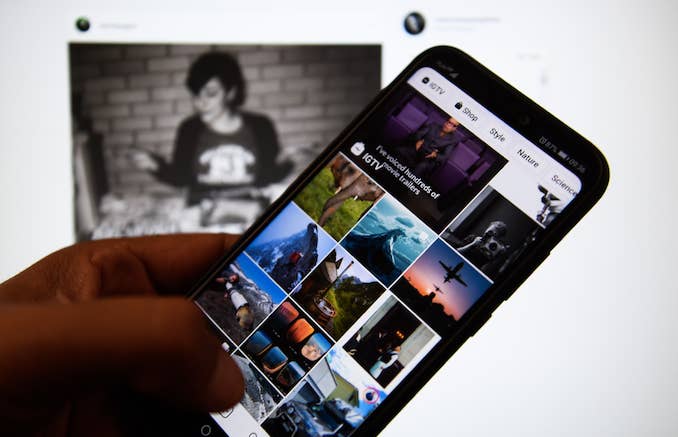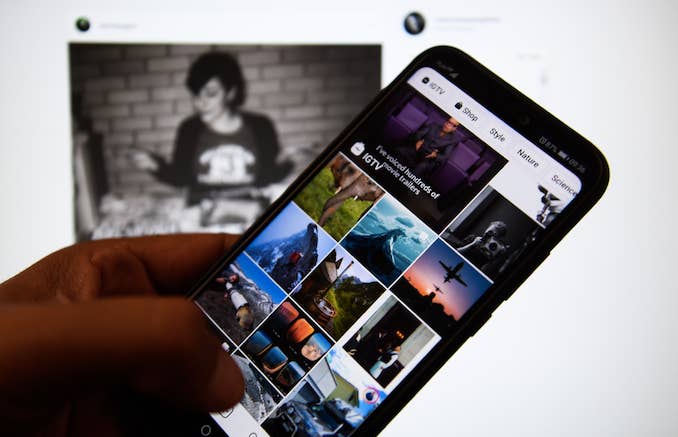
UPDATE 11/14, 2:15 p.m. ET: On Thursday, Instagram tweeted that it will begin hiding likes globally.
Instagram described the feedback to the initial testing as "positive."
The company also said it's testing "ways for creators to communicate value to their partners" without the use of likes.
See original story below.
Instagram is expanding its test to hide likes.
During Friday's WIRED25 event, Instagram CEO Adam Mosseri announced a number of U.S. users would see the Instagram like counts disappear as soon as next week. Mosseri did not provide details on the scale of the test, simply stating it wouldn't be "the whole U.S. at once."
"There's a couple of hundred people in here, so definitely a couple of you will have private likes, I hope," he told the crowd, before explaining the reasoning behind the move. "It's about young people. The idea is to try to depressurize Instagram, make it less of a competition, give people more space to focus on connecting with people they love, things that inspire them. But it's really focused on young people. We have to see how it affects how people feel about the platform, how it affects how they use the platform...but I've been spending a lot of time on this, personally."
Instagram began started testing private likes among Canadian users back in the spring, and has since expanded to the test to six other countries, including Brazil, Italy, and Japan.
As the rollout continued, Instagram explained to users they would still have the ability to see which users liked each of their posts, but the like count would no longer be visible.
"We want your friends to focus on the photos and videos you share, not how many likes they get," the company tweeted. "You can still see your own likes by tapping on the list of people who've liked it, but your friends will not be able to see how many likes your post has received."
The tests were launched following mounting concerns about social media's negative effect on mental health. According to a 2017 study by the Royal Society for Public Health, social media has negatively impacted young people's self-esteem, exacerbating universal issues with body image, cyberbullying, and FOMO (fear of missing out).

